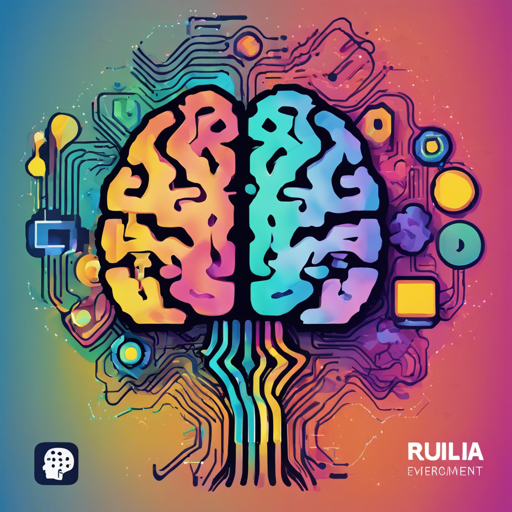Welcome to the world of reinforcement learning! In this blog post, we’ll walk you through the basics of the ReinforcementLearning.jl package in Julia, designed for your reinforcement learning experiments. Think of this package as a playground where you can experiment with various reinforcement learning strategies in a structured and user-friendly manner.
Design Principles
At its core, ReinforcementLearning.jl is built around a few key principles:
- Reusability and extensibility: Components are designed to be reused and extended, allowing you to build upon existing algorithms seamlessly.
- Easy experimentation: It simplifies running experiments to benchmark different algorithms and evaluate agent performance.
- Reproducibility: The framework supports everything from classical tabular methods to modern deep reinforcement learning approaches.
How to Get Started
To kick off your reinforcement learning adventure, follow these simple steps:
using ReinforcementLearning
run(
RandomPolicy(),
CartPoleEnv(),
StopAfterNSteps(1_000),
TotalRewardPerEpisode()
)This code snippet demonstrates four essential elements in reinforcement learning:
- Policy: The RandomPolicy generates random actions at each step.
- Environment: CartPoleEnv is a standard environment where you can test your algorithms.
- Stop Condition: The experiment stops after 1,000 steps, indicated by StopAfterNSteps(1_000).
- Hook: TotalRewardPerEpisode collects and displays the total rewards per episode during the experiment.
To visualize this, imagine each component is a part of a car: the policy is the driver, the environment is the road, stop conditions are traffic signs, and hooks are the dashboards that show you how well the car is performing. Together, they work harmoniously to ensure a smooth journey in your reinforcement learning experiments.
Troubleshooting
Facing challenges? Here are a few troubleshooting tips to help you out:
- Ensure that all packages are correctly installed and up to date by checking the Julia package manager.
- If your experiments are not producing results, double-check the parameters you are using in your configuration.
- Visit the GitHub page to report any bugs or unexpected behavior.
- For deeper insights, join our discussions on Julia Slack in the #reinforcement-learning channel.
- For more insights, updates, or to collaborate on AI development projects, stay connected with fxis.ai.
Conclusion
At fxis.ai, we believe that such advancements are crucial for the future of AI, as they enable more comprehensive and effective solutions. Our team is continually exploring new methodologies to push the envelope in artificial intelligence, ensuring that our clients benefit from the latest technological innovations.

